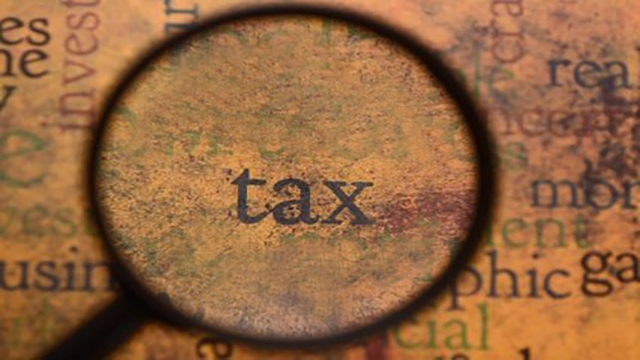FT Online
Published:2019-06-29 22:00:05 BdST
Savers in haste to draw govt savings tools’ yields
The proposed rise in source tax on yields from national savings tools has prompted investors in large numbers to draw profits before June 30 next to avoid higher taxation.
Dozens of savers were found standing in queues on Thursday last at different savings certificate-selling outlets with intent to collect profits.
Many aired frustration over new tax measures, saying they have purchased savings instruments finding no better option to invest money.
If profits get reduced, they will be in peril as many depend solely on this very scheme to bear family expenses.
Currently, the National Board of Revenue (NBR) imposes a 5.0-per cent source tax on yields on all types of savings tools.
The Finance Bill 2019 has proposed to raise the rate to 10 per cent.
But officials argued that a rise in source tax would help reduce discrimination between investors in savings tools and bank depositors.
Presently, higher yield rates motivate investors to buy savings tools instead of depositing money in banks.
An official at a national savings bureau here said they are receiving at least three times more applications than any other time to draw profits.
Investors usually rush in June as many TIN (taxpayer's identification number) holders buy such tools to enjoy tax rebate, he told the FE on condition of anonymity.
"We're under extra pressure to serve the savers as they are coming in droves to draw profits."
Businessman Mahmudur Rahman came to General Post Office (GPO) recently to withdraw his yields.
He did not want to take a risk of losing yields as the government is likely to slash source tax at the rate of 10 per cent from July 01.
"So, I've decided to draw all my profits that remain deposited until June," Mr Rahman said.
Shoheli Aktar, a saver, said she is totally dependent on the yields from savings certificates since the death of her husband.
"It is bad news for the people like me if source tax is increased," she told the FE.
National savings department director (admin and PR) Abu Taleb also maintained that many savers are out to draw profits fearing possible losses.
When asked, an NBR official could not predict what would happen as it is still a proposal.
A gazette will make things clear about source tax, he commented.
In practice, the instruments purchased before July 01 will not be brought under the new tax measures, said the official who declined to be named.
Amid increased savings tool sales, the government has set a target of its net borrowing from the instruments at Tk 270 billion for fiscal year (FY) 2019-20.
The revised target in FY '19 was Tk 450 billion.
Available data shows the net sales of savings tools stood at Tk 434.74 billion in the July-April period of FY '19.
It was Tk 400.63 billion in the same period of FY '18.
But officials said the sales of instruments might fall in the coming months for an online transaction system introduced across the country.
Under the new system, TIN has been made mandatory.
Besides, a saver has to submit identity (ID) card if they intend to buy savings certificates.
Many aspirants now find it hard to purchase savings schemes for the reasons, according to officials.
The government sells four types of savings instruments and yield rates are up to 11.76 per cent.
It also sells different types of bonds to local and expatriate Bangladeshis.
An estimated 20 million investors are involved in this sector.
Unauthorized use or reproduction of The Finance Today content for commercial purposes is strictly prohibited.


